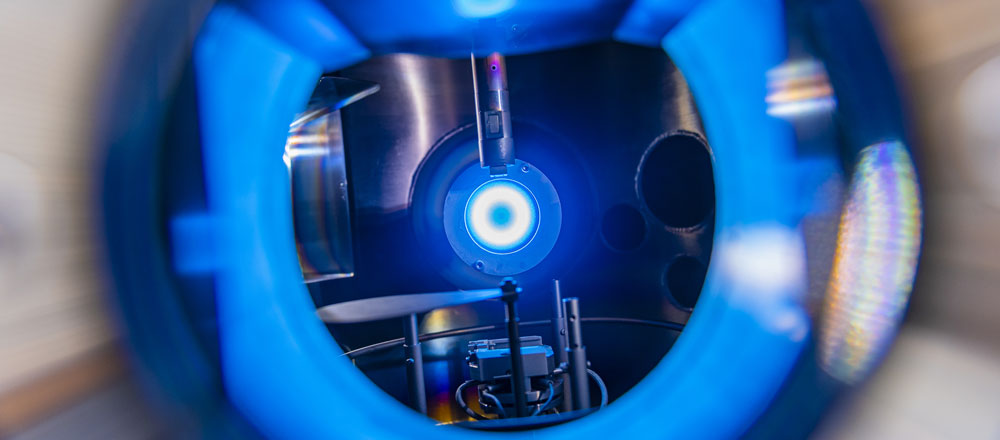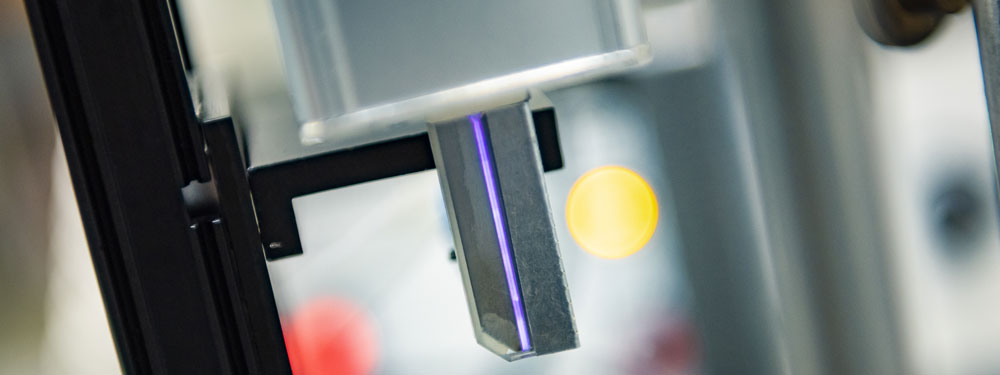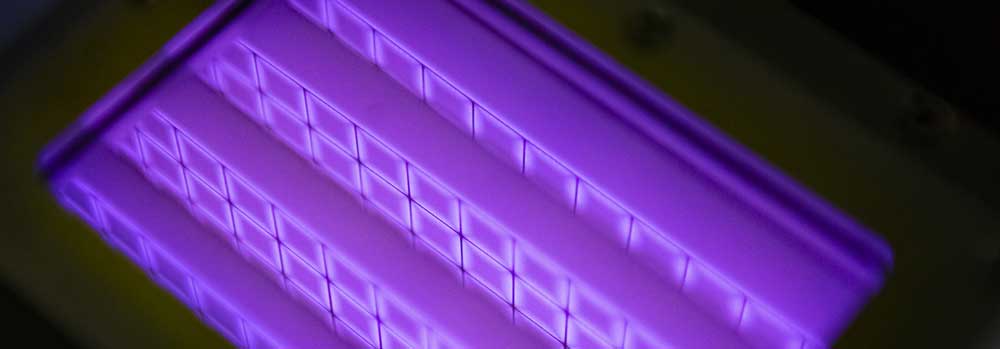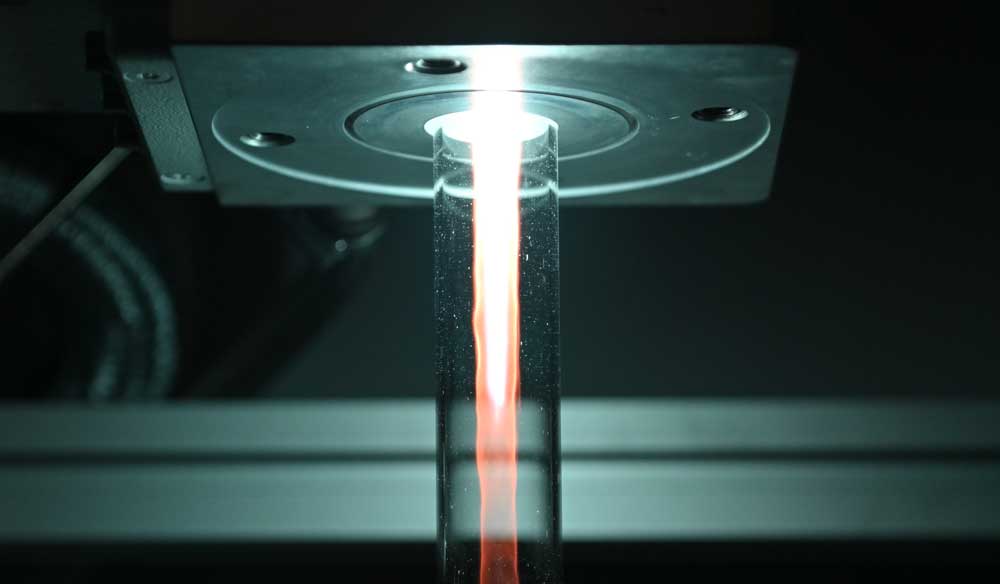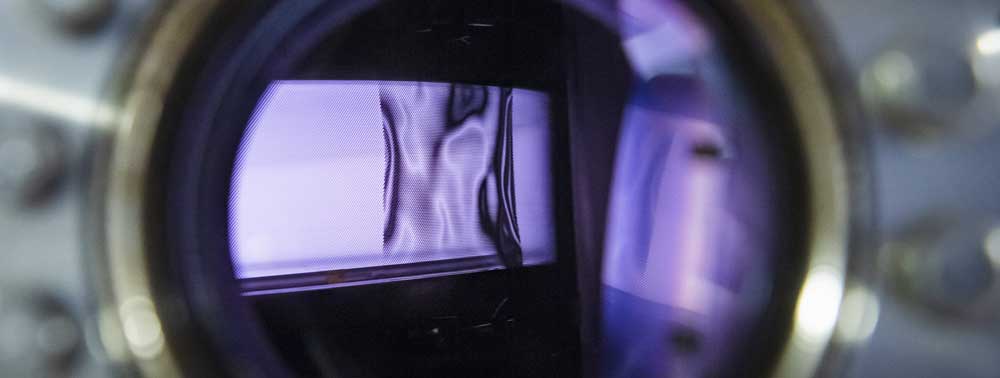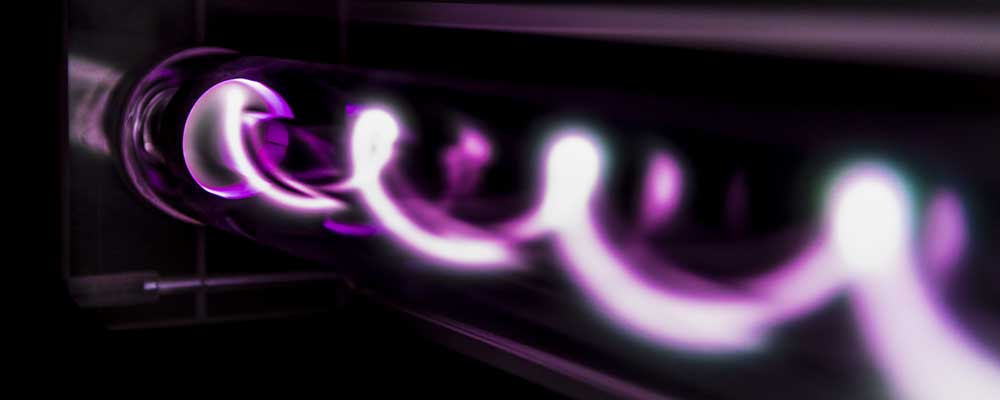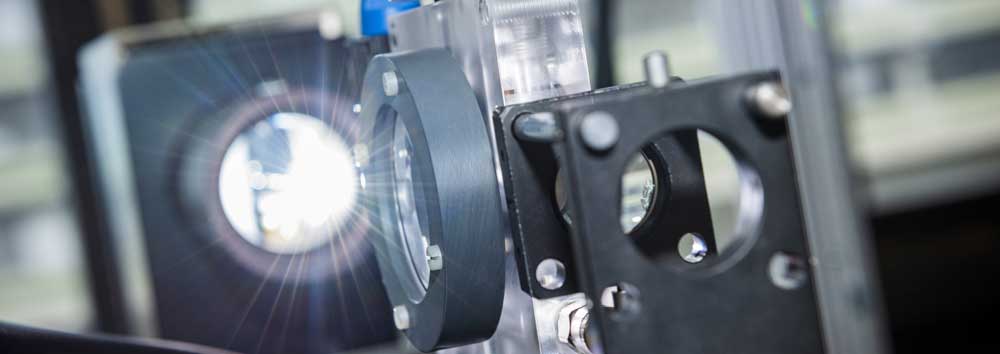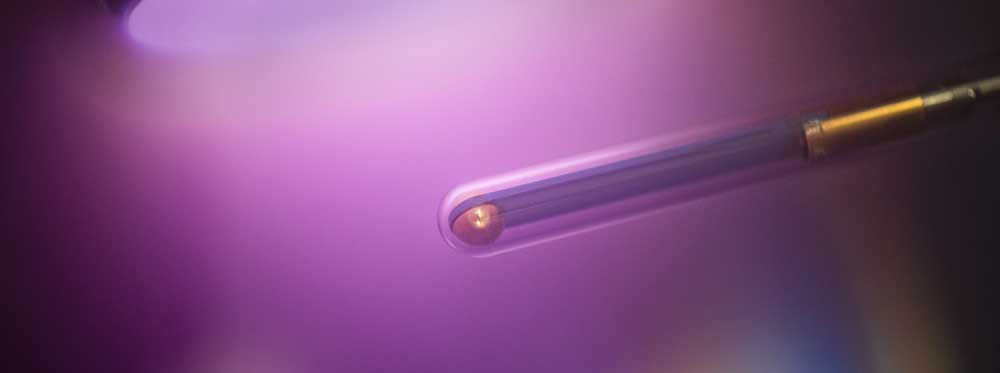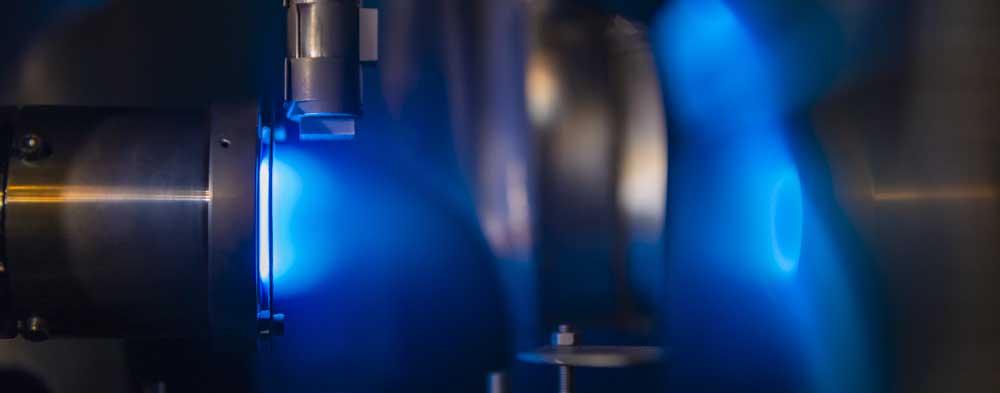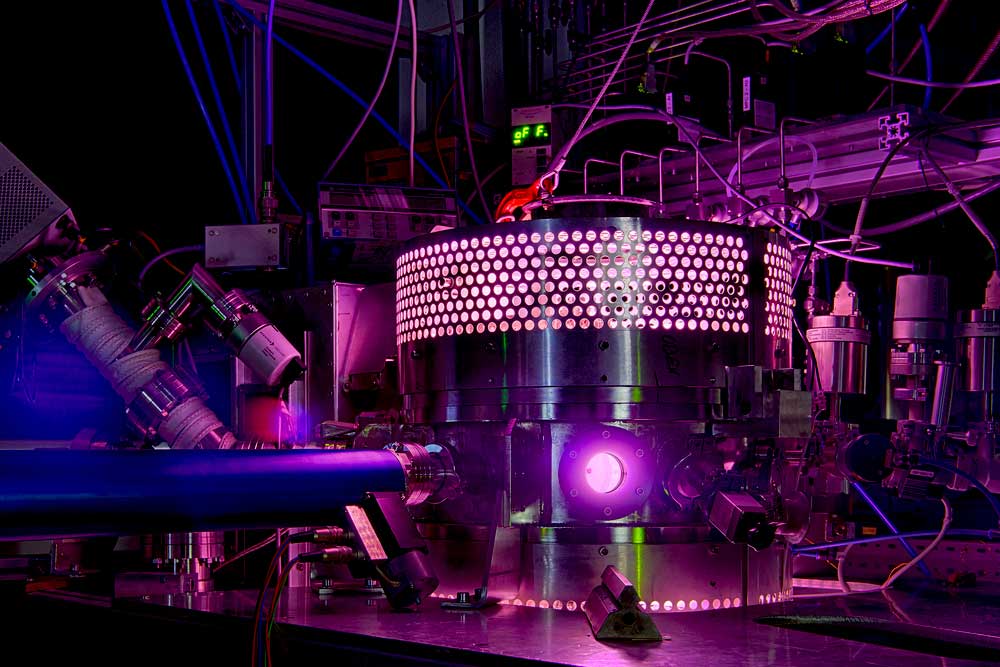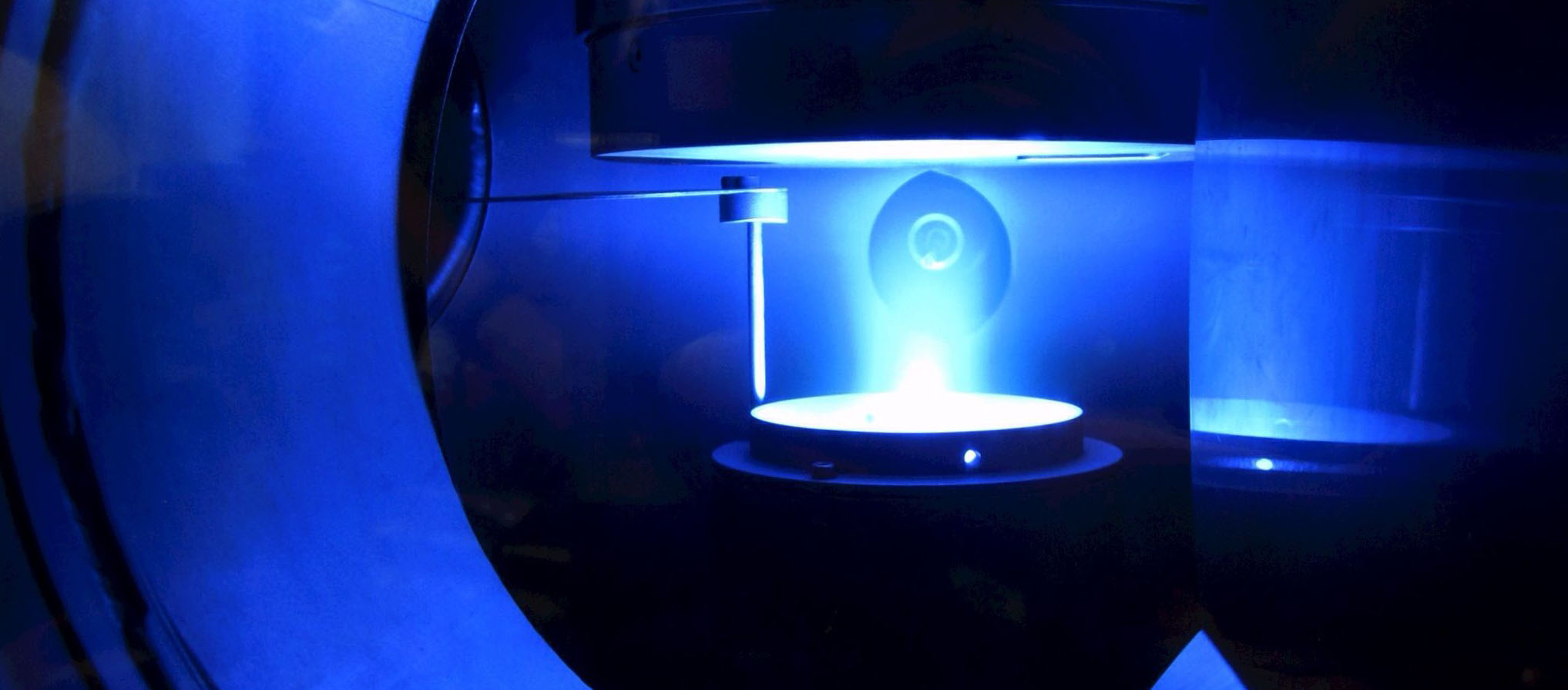Culham Plasma Physics Summer School 2010
The Research Department enabled the participation of Michael Zacharias, Tomislav Skoda, and Michal Michno in the „Culham Plasma Physics Summer School 2010“ from July 12th to July 23rd. This school was the 47th in the series organized at Culham Science Centre, near Oxford. The school was addressed to graduate and PhD students from all over the world and offered lectures in fundamental principles of plasma physics on the one hand and a broad range of applications on the other hand. The participants deepened their understanding of MHD and kinetic theory and broadened their knowledge by studying the applications in fusion, astrophysics and industrial plasmas. The lectures on space plasmas by Dr. Jonathan Eastwood from the Imperial College London and on astrophysical plasmas by Dr. Philippa Browning from the University of Manchester were of particular interest for the Research Department. There was also a lot of room for scientific exchange and the participants made valuable contacts to other researchers.
Trip by Martino Olivo to the IceCube meeting in Annapolis, MD (May 2010)
IceCube is the best instrument for observing neutrinos from astrophysical plasmas. The measurement of neutrinos is essential for understanding the structure of shocked plasmas, which occur e.g. in supernova remnants, active galaxies and gamma ray bursts. Since July 2009, Jun.-Prof. Julia Becker's group and thus the Research Department "Plasmas with Complex Interactions" is a member of the IceCube collaboration. Every 6 months the members of IceCube meet to discuss the status of the experiment, new analysis techniques and the development of theoretical models for neutrino emission. The meetings are essential for the collaboration to advance the progress of IceCube and for us as a working group to take an active role in the experiment. PhD student Martino Olivo gave a talk on neutrino production in Gamma Ray Bursts at the Maryland meeting. At the collaboration meeting he was able to have discussions about the results of the Becker, Halzen, O'Murchada & Olivo, ApJ (2010) publication on neutrino emission from gamma-ray bursts with the IceCube collaboration specialists on this topic.
Jens Dreyer at the IceCube Collaboration Meeting
The IceCube neutrino telescope is currently the most powerful instrument for observing neutrinos from astrophysical plasmas. All scientists involved in this project are united in the IceCube Collaboration. This international collaboration meets semi-annually, in the spring in the U.S. and in the fall in Europe. The collaboration meetings are used for exchange of ideas and discussion among the members, who come from the USA, New Zealand, Japan, Switzerland, Sweden, Belgium and Germany, among others. Mr. Dreyer and Mr. Olivo attended the collaboration meeting in Annapolis, Maryland, USA, from May 1 to 10, 2010. During the meeting, Mr. Dreyer presented a software project that is being conducted in Bochum at the RD. This project deals with the reprogramming and improvement of a central software component of the simulation chain of IceCube and was therefore received with great interest.
Furthermore, Mr. Dreyer was able to discuss ideas for future data analysis with many experts of the collaboration. Furthermore, Dr. Dreyer represented the interests of the Research Department within the IceCube collaboration on the Collaboration Board. Martino Olivo gave a talk on neutrino production in Gamma Ray Bursts, which was also received with great interest by the collaboration. Furthermore, Mr. Olivo was able to discuss the results of a publication dealing with neutrino production within shocked plasmas in Gamma Ray Bursts with the specialists of the IceCube collaboration.
FOR 1123: International Workshop "Diagnostics of Microplasmas"
21.-23. März 2010, RUB Veranstaltungszentrum, Saal 3
Microplasmas are receiving much attention recently. The basic processes controlling these plasmas are not yet fully understood. One of the reasons is a lack of diagnostics - largely due to the inherent difficulties dealing with small dimensions and rapid phenomena.
The purpose of this workshop is to bring together experts in diagnostics and diagnostic-near modeling of small scale atmospheric pressure microplasmas to discuss advances in this area. The number of participants is limited to about 60. Participation in this workshop is by invitation only.
The program calls for invited talks and limited oral and poster presentations. The schedule will provide ample opportunity for discussions in order to allow for a genuine workshop atmosphere.
The workshop is organized by the Research Unit Physics of Microplasmas FOR 1123 of the German Science Foundation (DFG) within the Research Department “Plasmas with Complex Interactions” of Ruhr-Universität Bochum.
Invited lecturers:
- Ronny Brandenburg, Germany
- Christoph Hollenstein, Switzerland
- Ömer Ilday, Turkey
- Gerrit Kroesen, The Netherlands
- Dragana Maric, Serbia
- Kari Niemi, United Kingdom
- Yi-Kang Pu, China
- Vincent Puech, France
- Claudia Lazzaroni, France
- Yukinori Sakiyama, USA
Read more about the workshop here.
http://www.for1123.rub.de/FG1123/index.php?option=com_content&view=article&id=114:international-workshop-for1123&catid=45:meetings&Itemid=120
Opening event Applied Competence Cluster
The ACC Plasma Technology focuses on the evaluation and transfer of promising technologies and methods in the field of plasma technology to industrially relevant applications. The know-how is developed in nine professorships and their working groups in the Center of Plasma Science and Technology and its spin-off PAC.
The opening event of the ACC Plasma Technology has been held together with the ACC Terahertz on February 22, 2010, starting at 9:00 a.m. in ICN 03/95 at the RUB.
27th Winter School in Theoretical Physics: Frontiers in High-Energy Astrophysics
Vom 27.12.2009 bis zum 05.01.2010 ermöglichte das Research Department Anne Stockem die Teilnahme an der "27th Winter School in Theoretical Physics: Frontiers in High-Energy Astrophysics". In Jerusalem findet einmal pro Jahr eine Winterschule mit jährlich wechselnden Themen aus der Physik statt, die durch Sponsoren wie der European Science Foundation (ESF) und des Institute for Advanced Studies (IAS) der Hebrew University ermöglicht wird. Die Schule richtete sich an Doktorandinnen und Doktoranden sowie Post-Docs aus aller Welt und bot mit Vorlesungen zur Physik von schwarzen Löchern, Vorlesungen zu rein astrophysikalischen Themen bis hin zur Physik von Schocks ein breites Spektrum.
Die gute Zusammenarbeit Israels mit den U.S.A. war spürbar. Ein Großteil der Dozenten arbeitet am Caltech oder der Harvard University. Die Vorlesungen waren auf einem hohen Niveau. Von besonderem Interesse für das Research Department waren die Vorlesungen zu Plasmainstabilitäten und Schockbeschleunigung, zum Beispiel die von Prof. Eli Waxman vom Weizmann Institute in Israel.
In den Pausen gab es Gelegenheit zum wissenschaftlichen Austausch. In diesem Rahmen wurden auch die Poster der Teilnehmer besprochen. Anne Stockem lieferte einen Beitrag mit dem Titel „Anisotropy-driven instabilities“.
2nd Internal Workshop of FOR 1123
The aim of the workshop is to take stock of the FOR 1123 "Physics of Microplasmas" after almost one year. The primary questions are: Where do we stand in the individual projects? Where do we encounter unexpected difficulties or new things? What about (joint) publications? How can we improve internal scientific cooperation? The workshop has been held at the Center for IT Security (ZITS) on December 14-15, 2009.
WELTPP-12 - The 12th Workshop on the Exploration of Low Temperature Plasma Physics
Rolduc, Kerkrade, November 26th-27th, 2009
This workshop is intented for active scientists working in the field of low temperature plasma physics. It is sponsored by the Bochum Research Training Group, the Queen's University Belfast and the Dutch 'onderzoekschool Centrum voor Plasmafysica en Stralongstechnologie' (CPS) of the Eindhoven University of Technology. It is part of the RTG 1051: non-equilibrium phenomena in low-temperature plasmas: diagnostics-modeling-application.
The aim of this workshop is to create a forum for young low temperature plasma scientists, that is graduate students and postdoctoral researchers, to meet, learn from each other, exchange knowledge, present results and establish new contacts. The emphasis is on the presentation of the work of the people new in this field.
Further information can be found here.
Julia Becker at the IceCube meeting in Berlin
IceCube is the most suitable instrument for observing neutrinos from astrophysical plasmas. The measurement of neutrinos is essential for understanding the structure of shocked plasmas that occur, for example, in supernova remnants, active galaxies, and gamma ray bursts. IceCube members meet every six months to discuss the status of the experiment, new analysis techniques, and the development of theoretical models of neutrino emission. As part of the Research Department, Jun.-Prof. Dr. Julia Becker's group participated in the meeting in Berlin (September 19-25, 2009). Here, Dr. Jens Dreyer was able to give a talk on the progress of his analysis on point source stacking and discuss both his analysis and the underlying theoretical models with other members of IceCube, including those from the USA, New Zealand, Japan, Switzerland, Sweden, Belgium, and Germany. Martino Olivo gave two talks on neutrino production in Gamma Ray Burst. A publication, also based on discussions that have been held in Berlin at the meeting, has now been submitted to "The Astrophysical Journal". For this, special discussions were held with Prof. Francis Halzen, head of the IceCube experiment. Julia Becker was Chair for the sessions on neutrino emission from Gamma Ray Bursts and was able to have further discussions on neutrino production in shocked plasmas with various members of IceCube.
25.07.2009 - European Summer School 2009
14th European Summer School, July 22nd-25th, 2009
“Low Temperature Plasma Physics: Basics and Applications” and
“Thermal Plasmas: Basics and Applications"
Please note: This years school will be a joint event of ISPC-19 School and 14th European Summer School.
More information can be found here.
Kick-off Meeting of the Research Group FOR1123 "Physics of Microplasmas
On April 9/10, 2009, the kick-off meeting of the research group FOR1123 "Physics of Microplasmas" has been held in Altenberg at the Hotel Altenberger Hof. The project leaders will present the current status of the projects in lectures.
More information about the research group can be found at hier.
